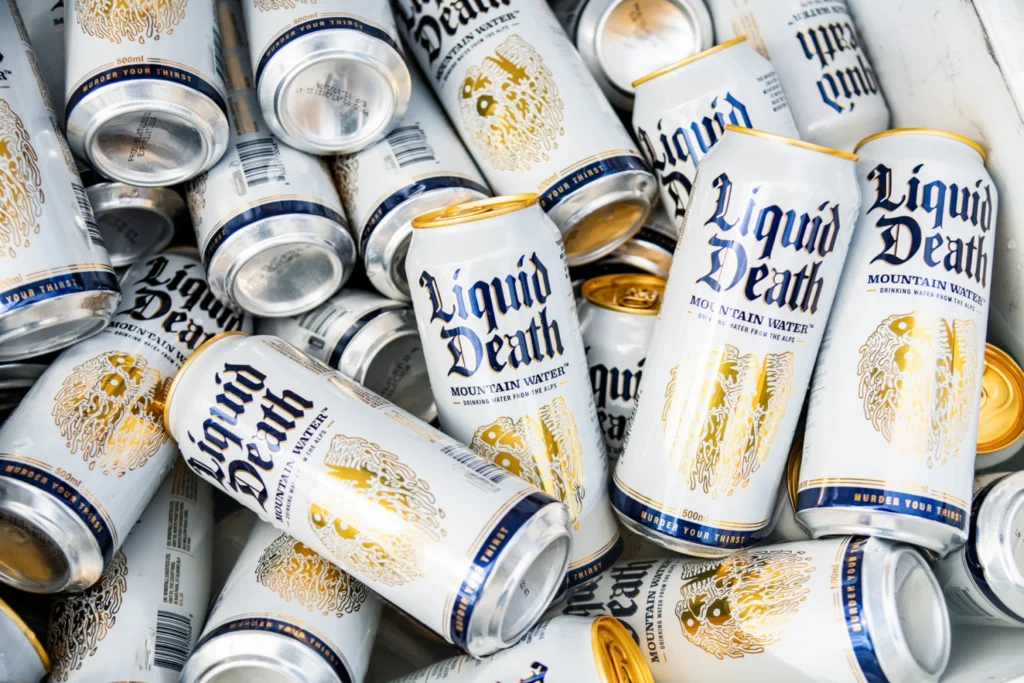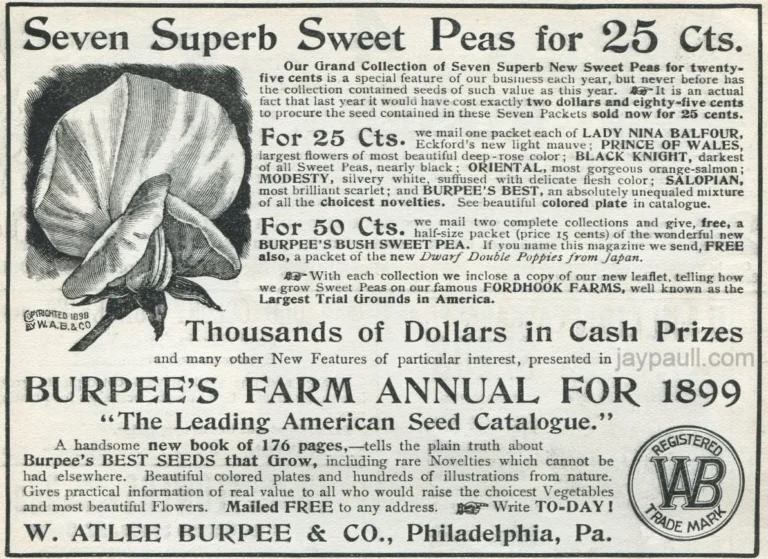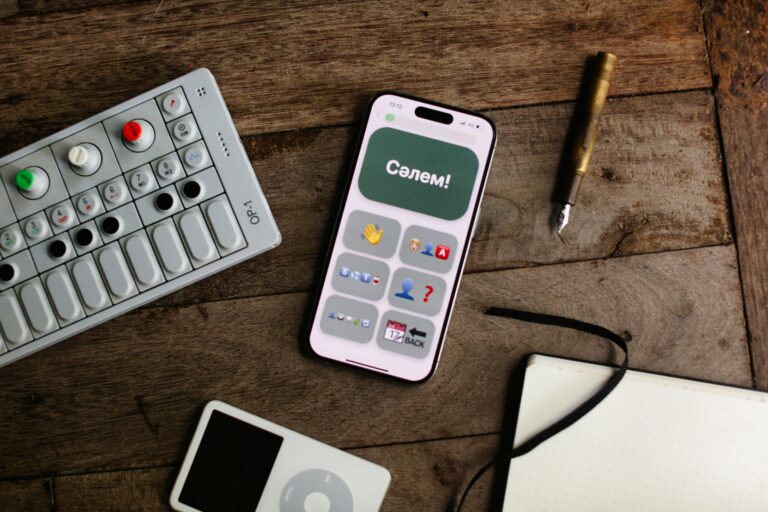
“In a crowded marketplace, fitting in is a failure.”
This powerful quote by Seth Godin isn’t just a marketing mantra—it’s a wake-up call for brands in today’s hyper-competitive landscape.
Modern consumers scroll through thousands of messages every day. If your brand doesn’t give them a reason to pause, it disappears. That’s why brand differentiation is no longer optional—it’s survival.
In this post, we explore what it means to stand out in a saturated market, with U.S. brand examples that embraced risk, authenticity, and bold positioning—and reaped big rewards.
Why Fitting In Is a Fast Track to Irrelevance
In a crowded digital marketplace, doing what everyone else is doing won’t get you noticed. Yet many brands still default to playing it safe—copying competitors, mimicking tone, and offering slight variations of the same thing.
This is exactly what Seth Godin warns against. When you blend in, customers have no reason to remember you, trust you, or choose you. Think about how many identical e-commerce stores, beauty brands, or fintech startups flood your Instagram feed. Can you name five that felt original?
Also Read : 5 Marketing Trends That Came from TikTok—Not Business Schools
Compare that to the following:
- Liquid Death, a canned water company that looks like a punk rock beer brand
- Cards Against Humanity, with their sarcastic product descriptions and unpredictable marketing
- Tesla, whose brand differentiation redefined not just electric vehicles, but the auto industry itself
These brands didn’t blend in—they took bold stances and refused to follow the crowd.
Continue reading…
Up next: real-life U.S. brand examples that broke the mold and created category-defining success. Discover how risk became their superpower.


